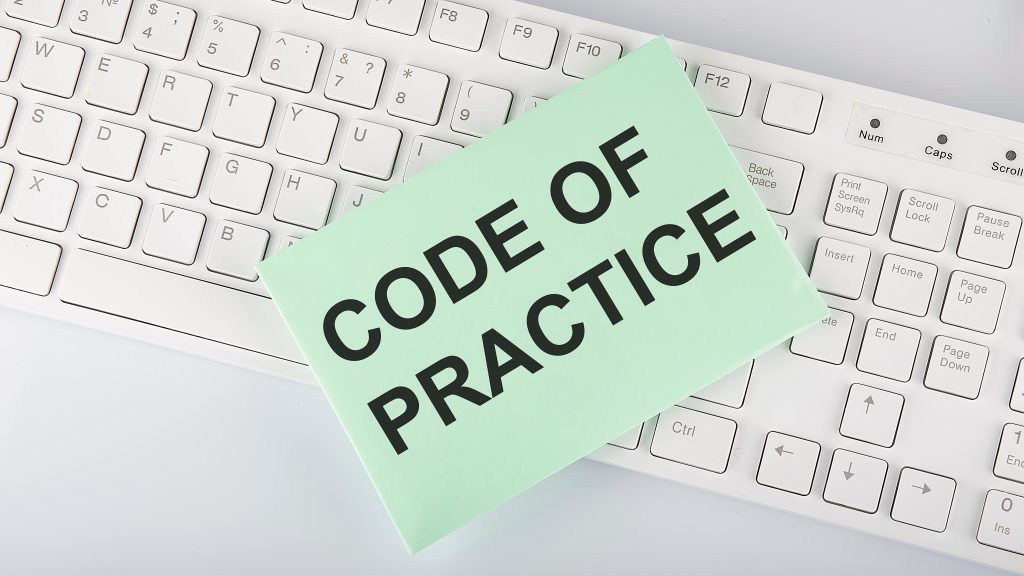David Hodson OBE reflects on core principles of family law practice set out by the Australian Family Courts in a recent practice direction. He suggests these could be usefully adopted for global good practice.
Many countries around the world have codes of practice within their legal professions, often specific to particular branches of their profession. This is true of family law. They may not have the status of law nor of regulatory requirement. But they acknowledge the wider issues affecting families and children in the work undertaken by specialist family lawyers. Some countries have none. Some have very complicated and long codes.
In the mid-1980s, England had a transformation in the way family law work was undertaken. An innovative solicitor, John Cornwell, was anxious that too often family law work was undertaken in the same way as crime or civil litigation. No regard for the impact on the vulnerable parties. Aggressive and highly adversarial. Little concern for the best interests of children and the victims of violence. With a handful of other London solicitors, he set up a code of practice. It revolutionised the way the work was undertaken. It brought forth a generation of family lawyers committed to a consensual and conciliatory approach. It kickstarted alternative dispute resolution. It inspired many of us in the early years of our careers.
The code has gone through many manifestations and is now a shorter version in plain English with ancillary good practice in specific aspects of family law. It has been borrowed and adapted in many countries around the world, principally in the common law.
There have been other forms of good practice. Perhaps the leading one is produced by the Hague Conference on Good Practice in the Conduct of Child Abduction Mediation. It has had a huge impact and far wider than mediators in international Child Abduction.
Too often the impression has been that each jurisdiction, including states within jurisdictions, are precious about their own conduct of work.
But it would be great if some good practice could be acknowledged as a basic for family lawyers and courts around the world seeking the best interests of children, fairness between family members and protection of vulnerable parties.
Australia has just published a practice direction, JPD1 of 2020, described as Core Principles in the Case Management of Family Law Matters. It can be found here. Australia has for very many years led the way in family law although faltered recently with significant shortage of government funding and other issues. But these core principles have much to commend themselves. With only some adapting, they can be used in many countries, common law and civil law. They repay careful study. Succinct yet saying so much.
It starts understandably with identification of risk; of children, vulnerable parties and litigants and the ongoing identification and handling of that risk. Perhaps this has been the greatest change in the past decade in many countries, producing a far better and healthier family justice system. There is a continued need for far better training of lawyers and judges and all working with families in family justice.
It goes on to say that the overarching purpose of family justice is to ensure a just, safe, efficient and timely resolution at reasonable and proportionate cost in the circumstances having regard to the impact of the dispute. No doubt there could be other wording but it seems to me this is succinct and necessary and hugely commendable.
The global recession has placed real pressures on family courts by governments. Shortages of judges, court rooms and other resources. So it’s unsurprising that the third core principle is that court-based resources should be used efficiently for the overarching purpose and in the context of identifying risk.
Both courts and lawyers need good case management. This code emanating from the family court emphasises consistency of approach, early triaging and the use of alternative dispute resolution whether in court or out of court. In my experience, the growth of ADR in the past 20 years has been magnificent and is encouraged and growing in almost all family justice systems which is why the refusal of the UN Mediation Convention to include family Mediation is the more frustrating. The code continues with ADR. Before the commencement of proceedings, parties should make a genuine attempt to resolve the dispute. Some countries go further and won’t allow parties to make a court application unless they have either engaged in some form of ADR or at least attended a meeting to receive information of the benefits of ADR. Once the proceedings are underway, parties should be proactive to identify an appropriate time and way to engage in ADR and be prepared to consider reasonable offers of settlement at any stage, with costs consequences. Again many countries around the world have recently introduced proactive powers for courts to insist the parties engage in some form of ADR. There is worldwide appreciation of the huge benefits for a couple of settling and not having a final hearing and a court-imposed outcome.
If a couple with their lawyers will not comply with court orders and the rules of court then there will be cost consequences including perhaps against the lawyers concerned. It is a complete frustration to parties who have complied with court requirements to find other family member not doing so and seemingly getting away with it. It does no good for the respect of the family court and the family justice system. Some countries have been very liberal and lax. This obligation to take into account the costs consequences of family disputes extends to lawyers. There must be a sensible and pragmatic approach to litigation and to incur costs only which are fair, reasonable and proportionate to the issues genuinely in dispute. Parties and lawyers should engage in costs budgeting with regular information to clients and the court of the costs incurred and to be incurred. This is exceptionally well put and a fundamental element. A frequent cause of complaint by clients is a lack of awareness of the costs involved and where costs become disproportionate to what is in issue.
The next element in the code is the identification and narrowing of issues in dispute. Courts in different countries have taken various approaches. Sometimes this is required in the preliminary documents or there may be a preliminary gatekeeping hearing, sometimes by telephone or online. Sometimes it is found in permission of the court being required before an application is fully brought and served in order to make sure it has worthwhile merit. This Australian code requires all parties to make frank disclosure to assist in resolution of a dispute. International family lawyers are keenly aware of countries where disclosure is rarely full and complete. Indeed there are some countries where lawyers have no duty of disclosure to the court and only a duty to follow what the client instructs. This is problematical when dealing with those countries. The code continues on the identification and narrowing of issues by saying only applications which are reasonably justifiable should be brought and that parties should negotiate prior to and that court to narrow the issues. In a number of countries the parties are told to attend an hour or so before a hearing for the specific purpose of narrowing the issues and therefore reducing the matters in dispute before the court. It goes on to encourage the use of a single expert or assessor to resolve a dispute. There are still some leading jurisdictions where two separate experts would be instructed, one for each party, and where they do not agree the court is given the unenviable task of trying to adjudicate between two specialists. In many instances it is far better for a joint expert, with provision for questions subsequently to be raised of course. Then finally on this longer section of the code, there is an emphasis on the importance of finality in that costs consequences may flow if parties seek to reopen issues already resolved or unreasonably agitate issues. Of all areas of law, family law in looking after family members really needs finality. They and children need to be able to move on with their lives whatever may have happened in the relationship breakdown. This needs finality.
The code refers to preparation for court, to be ready to proceed in a timely manner with a considered and informed time estimate and the issues to be decided. The practice of giving a shorter time estimate in order to get an earlier hearing is surely worldwide! But it is highly frustrating for courts, and for the parties if ultimately the hearing goes short or cannot go ahead.
And then finally, the 10th clause, a commitment by the courts for efficient and timely disposition of cases. The family courts should act effectively for a prompt and fair disposition of matters, with judgements delivered as soon as reasonably practicable.
It seems to me that apart from a couple of elements of detail distinctive to the Australian courts and procedure, these are core principles to which family lawyers in many countries around the world would want to subscribe. I strongly urge this to be read and reviewed in family jurisdictions worldwide as I have no doubt in our separate countries we can always improve our good practice. Perhaps it would be even more improved if there were some core principles globally accepted as underlying all family law practice.
I commend this Australian set of core principles.
Prof David Hodson OBE MCIArb
[email protected]
The International Family Law Group LLP
www.iflg.uk.com
© February 2020
- Prof David Hodson OBE KC(Hons) MCIArbhttps://iflg.uk.com/team/prof-david-hodson-obe-kchons-mciarb
- Prof David Hodson OBE KC(Hons) MCIArbhttps://iflg.uk.com/team/prof-david-hodson-obe-kchons-mciarb
- Prof David Hodson OBE KC(Hons) MCIArbhttps://iflg.uk.com/team/prof-david-hodson-obe-kchons-mciarb
- Prof David Hodson OBE KC(Hons) MCIArbhttps://iflg.uk.com/team/prof-david-hodson-obe-kchons-mciarb











